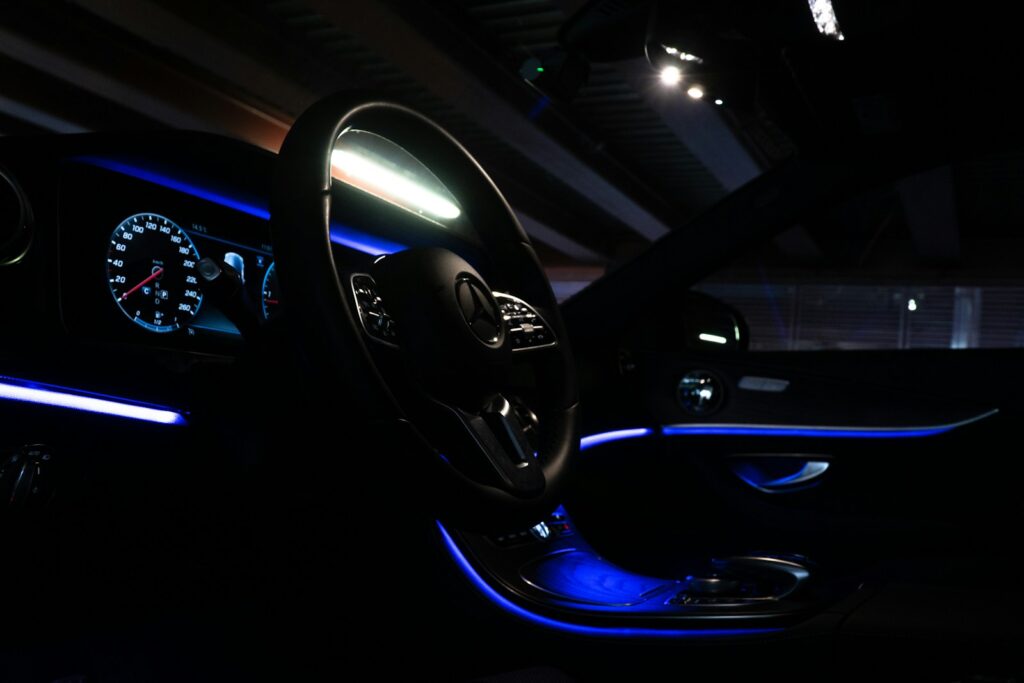You are reading this text here and nowhere else. You see my photos here and nowhere else. Everything shared on my social media or on my other blogs (my so-called newsletters) keeps a copy here or links here. Why? Because here is one of the few places left on the internet where there is still something called “quality”.
Have you ever been in a Mercedes car? How did you feel? Most people would say that it’s about the brand, the (social) status, the money. But those who use regular cars know it instantly when they are in a luxurious car: it’s about the comfort of the chairs, the remoteness of the sound coming from the outside world, the texture of the interior, the smooth vibration of the engine, the discreet lights on the board, the harmony of the general design – all these – that give a different vibe. Quality is not about the name, but rather, the name becomes known due to the quality that has been sustainably provided over a long period of time. An expensive car is not expensive because we decide to make it or call it that way, but rather, it is expensive because it has a lot to offer.
Now, I know that the definition of quality and what has become expensive these days have been redefined; I am using the traditional, common-sense meaning of quality. It is outdated, yet in the end, quality remains quality, but only for a select few.
Ages ago I read an article about maintaining an advantage in the business world and about the possible driving forces behind a company, a service or a product. There are basically three ways in which you can compete in the business world (and also in life, if you are mindful about what I write here). You can use innovation, consistency or all-inclusiveness.
Steve Jobs used innovation: he created something new that revolutionized an industry. Now everyone is focused on creativity and originality, from tech companies to universities that are doing research. McDonald’s uses consistency: its restaurants are available everywhere in the world and you can reliably predict that the quality of the food is the same in each location, regardless of the country you’re in. Services like the ones provided by Yahoo (e-mail) or Amazon (delivery) or Booking (accommodation) are highly widespread and remarkably stable. Finally, take any brand of an exclusive hotel chain, Marriott for instance: they are all-inclusive, they are ready to satisfy any atypical or peculiar wish you might have. They are highly customizable. They have a solution for any problem you might have… or they will quickly move so as to find one in order to thoroughly satisfy you.
In general, one company focuses on only one of these three directions: innovation, consistency or all-inclusiveness. Innovative start-ups come and go; they discover something new and then they are typically bought and disappear, with rare exceptions. They don’t live long, but their technology endures and it’s fitted in larger products, being transformative and adding value. They don’t offer a wide range of options because they are built as a solution for a specific problem. The big, whale-like services that are highly consistent, rarely come with something new and are rarely suitable for all tastes. But they do function well. They do their job. Finally, the high-end companies are rather select; not everyone seeks novelty, so they focus on comfort, enabling their customers to control how, when and where they want to have what experience.
I was thinking today about the fact that this Vivaldi community has somehow managed to use the three driving forces simultaneously, which is rather rare. For me, Vivaldi is a continuation of what Opera used to be, so we have history behind. If I remember right, roughly the same team of people behind Vivaldi has created Opera mobile, the most widely used browser for mobile phones. Mouse gestures are an Opera invention and the tabs used by everyone nowadays were initially invented by Opera. What was first created by this tiny team has gradually become standard on the internet and few people know or remember this… Then, the Vivaldi services and the browser are highly reliable and stable, otherwise I wouldn’t use them. Everything works smoothly and you get the sense that people know what they’re doing and they are quick to react if something malfunctions. Finally, the browser is one of the most customizable pieces of software you can find nowadays online and I admit I don’t even use its entire potential. Adding to this the high security (the no-tracking stuff), the multi-platform presence (on various operating systems, computers, mobile devices and even cars) and the recent development in the direction of decentralized internet (the fediverse stuff), you get something almost utopian, given the one-sidedness of the present world, in which everything happens mostly in one app or inside a single social media website.
I often ponder… is this product the result of the Scandinavian mentality residing behind it, highly inclusive and highly tolerant, offering opportunity for various people with various backgrounds to come, innovate, maintain and tailor the products/services? Or it’s a group of people, well-balanced and not obsessed with winning at all costs and getting rich by all means, valuing primarily the individual and the individual experience? I don’t have the answer but I feel I’m close to it.
Is quality for everyone? No. Not everyone needs a Mercedes and few have had the chance to experience how it is to be inside one. Is Vivaldi going to become huge someday? Unlikely. But is somehow normal to be so. Quality and exclusivity often go hand in hand.



Awesome! Hats off to all the industry leaders sharing their wisdom with our readers. “As a proficient communicator and negotiator to benefit my employer especially in the real estate needs of our company. My objectives are to bring clear understanding of purpose to those whom I negotiate with and obtain not only the goals of what I am negotiating for, but to give the other party a recogniton of worth that benefits both parties.” Budd Rodgers